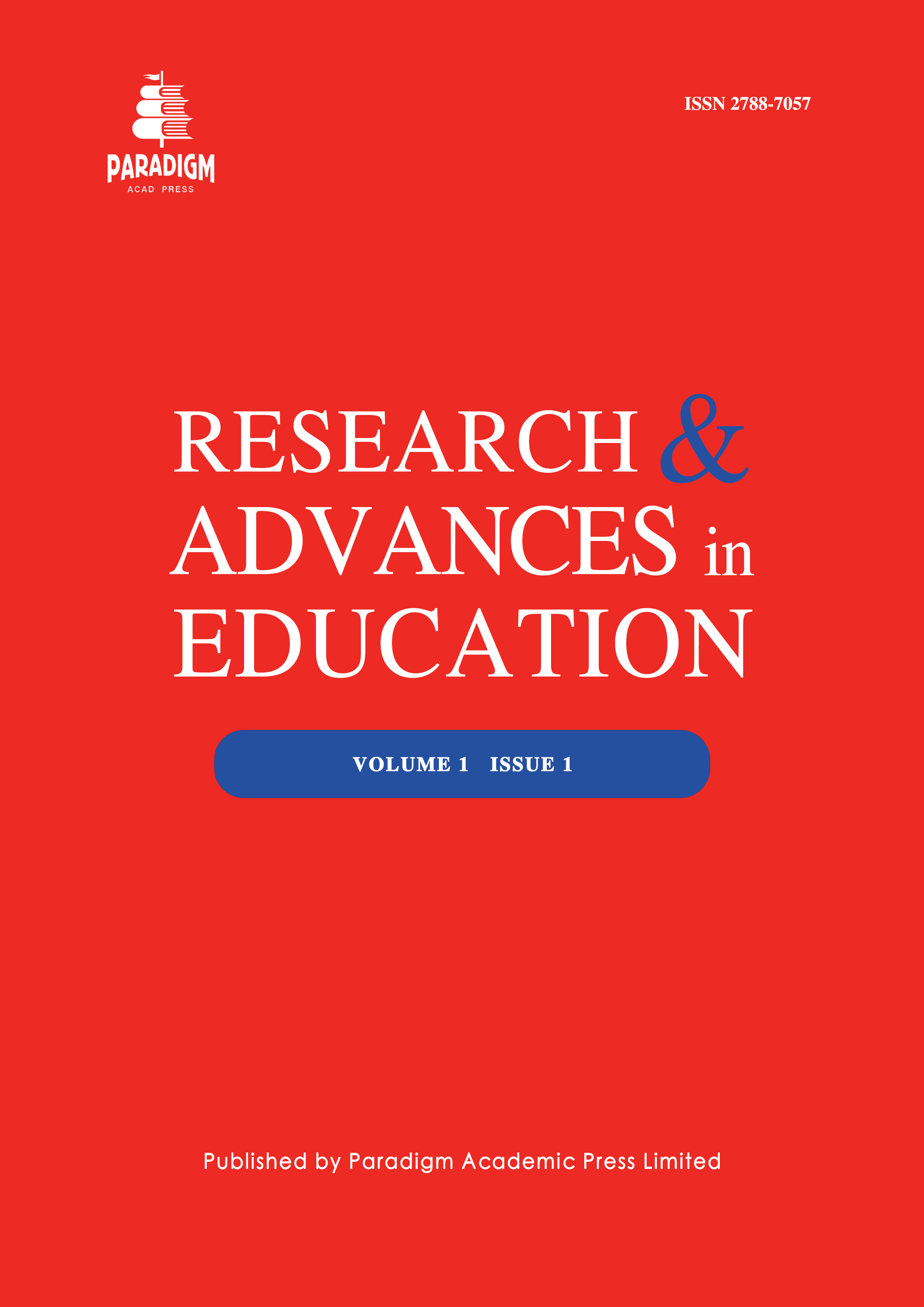The Influence of Performance Appraisal Systems on Young Faculty’s Research Motivation in Chinese Universities
DOI:
https://doi.org/10.63593/RAE.2788-7057.2025.09.003Keywords:
performance appraisal systems, research motivation, early-career faculty, Chinese universities, intrinsic motivation, extrinsic motivationAbstract
The performance appraisal systems in Chinese universities play a crucial role in shaping the academic behavior, motivation, and career trajectories of young faculty members. While these systems have been successful in increasing research productivity, they have also contributed to rising stress, burnout, and intrinsic motivation suppression among early-career academics. This paper examines the influence of performance appraisal systems on research motivation among young faculty in Chinese universities, with a focus on the tension between extrinsic incentives and intrinsic academic passion. Drawing on Self-Determination Theory and Expectancy Theory, the study explores how performance evaluation frameworks impact motivation through mechanisms such as institutional incentives, fairness perceptions, and behavioral compliance. It highlights the generational and disciplinary variations in the experience of appraisal systems and proposes a set of reform directions aimed at fostering a more sustainable and supportive academic environment. Key recommendations include shifting from quantity-based to quality-oriented metrics, incorporating qualitative feedback, enhancing well-being metrics, and promoting equity across disciplines. The findings underscore the need for universities to balance performance pressures with a supportive, autonomy-oriented academic culture that fosters both productivity and long-term academic engagement.


